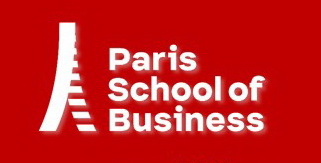Objectives
Creativity and innovation rely on evolutionary practices. The emergence of new technologies (notably the transformation into the digital world),
the implication of public research agencies, and the increasing role of active end-users in new collaborative processes deaply impact innovation-related practices.
Recent investigations have stressed that private companies do not process innovation as they used to do yesterday
(Baromètre Global Innovation 2011). Innovation roots now in local dynamics, where self-organized communities play pivotal roles.
This new paradigm prevails from the identification of opportunities towards the exploration of new solutions.
Today, new co-creation and interaction spaces emerge, with the subsequent original organizational modalities:
"open labs". They adopt different modalities: « Idea lab », « Living lab » or « Fab lab ». These spaces momstly elaborate on bottom-up rationales. They aim
at mobilizing a wide range of experiences and of competencies: techno specialists, engineers, sociologists, designers, active users and lead-users, etc.
These initiatives situate in a deliberate and original path towards "openness" and co-conception, that is privileged all along the innovation process or at specific steps.
Such an interaction may emerge in diverse configurations: open labs may be installed/supported by universities, private companies, public bodies, and auto-organized communities.
In France, these initiatives are no longer an exception. Numerous « open labs » do exist today.
They originate in very dissimilar initiatives, and adopt different organizational models.
What about these initiatives and the associated models? The expert group will inquire the following questions:
- Role and importance of the "open labs" in the actual innovation strategies and practices enacted by the industry and French public research agencies;
- Appraisal of the "open labs" as a transformation vector for innovation and creativity management in the industry and in public research agencies;
- Appropriation of these new initiatives by the industry and by public research agencies.
This project features an original design in articulating together the activities of an expert group and a research project, both facilitated together by the FutuRIS platform
at the French association ANRT, and by the newPIC chair at Paris School of Business. The project will develop in 2015. The newPIC chair will mobilize several faculty members from
PSB and two Master students (positioned as interns at ANRT) developing their Master dissertation about the same topic. The expert group will also interview executives
from the industry, innovators actually using "open labs", managers in charge of "open labs", finance specialists, stakeholders active in local clusters, etc.








































